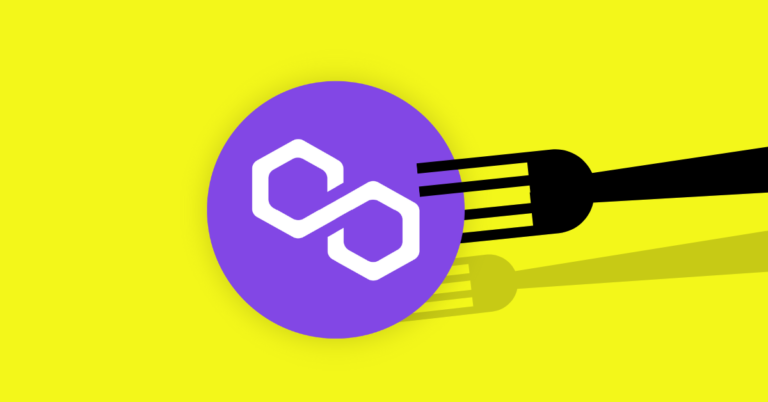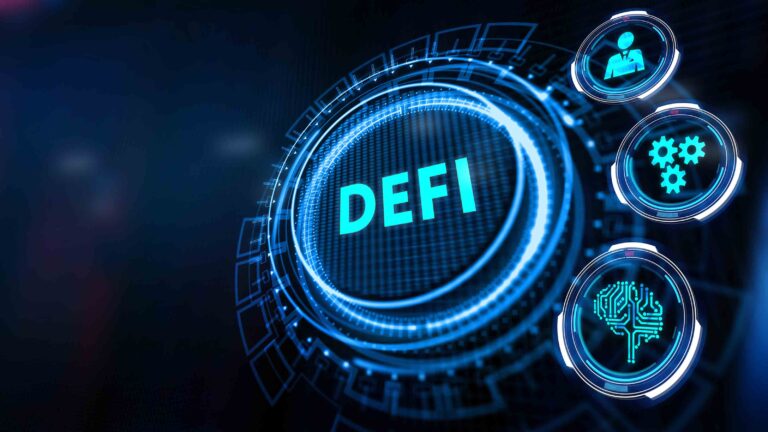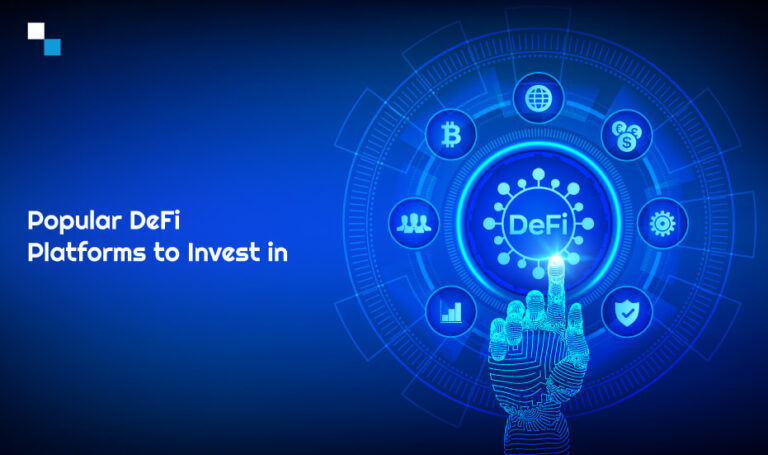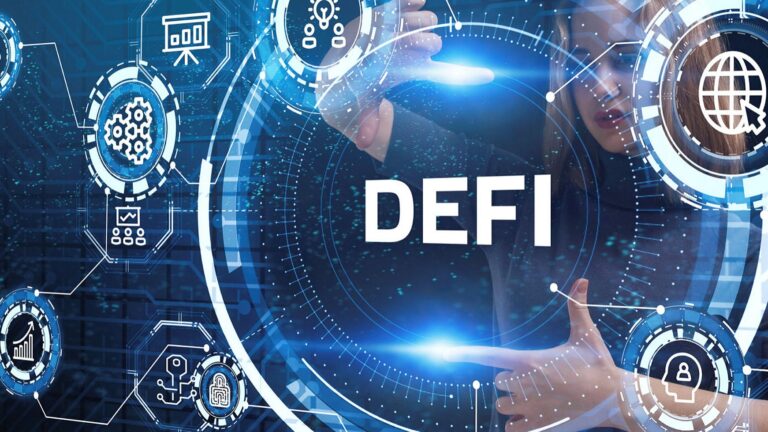Tron’s DeFi Ecology is Increasingly Popular, What Can it Offer to Cell Protocol?
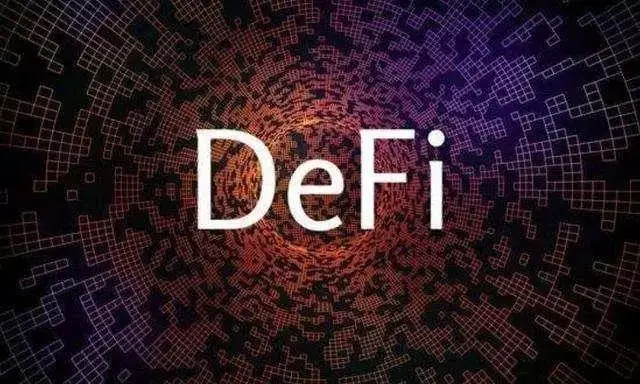
If the king of digital currency in 2019 is IEO, then the award shall go to DeFi in 2020. Ever since the Bitcoin block reward halved in May this year, the focus of the entire digital currency market has shifted to DeFi.
According to statistics from DeFi Market Cap, on April 14, the total market value of DeFi reached US$1 billion; on June 9, the market value reached US$2 billion; on June 25, the value exceeded US$6 billion; on July 5th, the number reached $7 billion. In terms of the total market value, the scale of lock-up, and the DeFi related token price, DeFi have shown rapid growth.
However, with the rise of DeFi, problems occurred: 1) Incomplete blockchain infrastructure needs to be strengthened. 2) Whether market applications can truly attract users and create value remains to be tested 3) Building a DeFi ecosystem requires a two-way choice between projects and public chains.
Faced with these problems, Tron has offered us an effective solution, a Tron DeFi ecosystem. In recent months, Justin Sun has been working hard to promote Tron’s DeFi ecosystem, triggering a big number of projects launch on Tron, despite that they have launched on ETH already. During that period, Justin Sun released the lending platform JUST Lend, TRON wBTC JUST BTC and the decentralized trading platform JUST Swap all in one go, completing the DeFi ecosystem in Tron. Compared with the high handling fee in ETH, the DeFi projects in Tron is much user-friendly with a little handling fee, attracting many users.
In addition, Tron’s two major user traffic portals, BitTorrent and Tron version of USDT, are both large user traffic, and the traffic of Tron APP always ranks top among all public chains, offering a huge user base to the DeFi projects on Tron.
More importantly, Tron claims to be one of the few public chains that can deploy smart contracts POS mechanisms while be compatible with the public chain of the Ethereum virtual machine. Therefore, if those DeFi projects on Ethereum wish to transfer to Tron, they only need to pay a little fee. Based on Tron’s official statement, it may take about half a year for a project to move from ETH to another public chain, yet it only takes one or two weeks to move to Tron.
The rapid transfer speed, huge user base, and perfect infrastructure have made Tron popular. Many projects are looking forward to seizing the opportunity to become a part of the ecosystem, and Cell is one of them. Recently, the Cell Protocol team released its white paper, indicating that Cell Protocol will launch Tron DeFi ecosystem soon.
Cell is a decentralized oracle network based on blockchain technology. The Cell oracle addresses the problem of price up-chaining through a decentralized incentive scheme, the Price Oracle. At present, the quotation mode of mainstream oracles on the market is basically uploaded by nodes and verified by voting, with the biggest drawback of lacking a guarantee of the correctness of the uploaded price. In a decentralized world, any risk of centralization may cause the entire system to collapse.
Unlike the other oracles that obtain data from trusted third parties outside the chain, Cell’s incentives allow prices to be formed directly on the chain. Participants of the Cell protocol need to invest real money to be responsible for their own words, and the agreement will also encourage those who are brave enough to speak. No authorization is required for the quotation system: anyone is free to enter or exit to participate in the quotation without system verification, and the arbitrageur can take the order to verify, and then the agreement generates accurate oracles quotations based on algorithms.
To put it simply, after the certifier price of the target asset is quoted, if there is a gap between the price and the quotation of the mainstream exchange, others will have an arbitrage incentive to eat the bill. In this way, it can encourage the miner to provide the most accurate price. At the same time, no eaten order means no-arbitrage space and the quotations will be close to mainstream exchanges. Therefore, these quotations will eventually be adopted by the system based on certain algorithms to form accurate price data.
As the core competitiveness of Cell, Cell’s quotation system can solve industry problems such as lack of price facts on-chain. After joining Tron’s DeFi system, Cell can have a greater value and more potential for growth.
1. Based on Tron, users can enjoy extremely low handling fee.
In a UniSwap transaction on DeFi based on Ethereum, the required fee has risen from a few dollars to ten dollars, twenty dollars, and sometimes even as high as one hundred dollars. As for other DeFi contract calls, the cost is even higher. Such a high transaction fee has become a barrier for beginners and users with small token amounts. However, on Tron, each transaction consumes about 1 TRX only, aka $0.03, which is only around 6/10000 of the gas fee on ETH.
In addition, the TPS of Tron is 200 times better than that of Ethereum, and the cost is less than 1%. In other words, the high congestion/high gas rate will never happen on TRON. As Cell is based on Tron and users can enjoy a faster network and lower transaction fees.
2. The design is more decentralized, and the prices obtained through incentives are more authentic.
Cell oracles adopt market game theory. In the cell protocol ecology, there is a mutual game between quoters and verifiers, and their identities can transform at any time over time. Unlike other oracles that obtain data from trusted third parties outside the chain, Cell’s incentives measure makes prices directly formed on the chain, making the Cell oracles more resistant to attacks, more decentralized, and ensure that the on-chain prices are closer to market fairness price.



